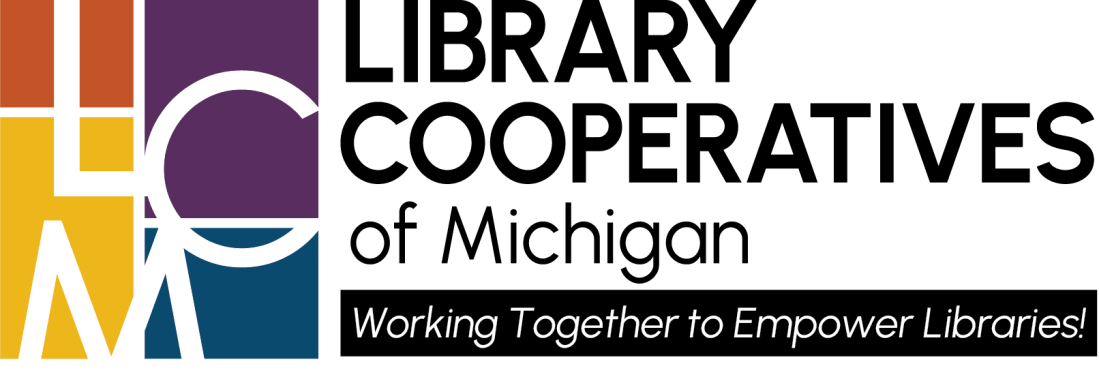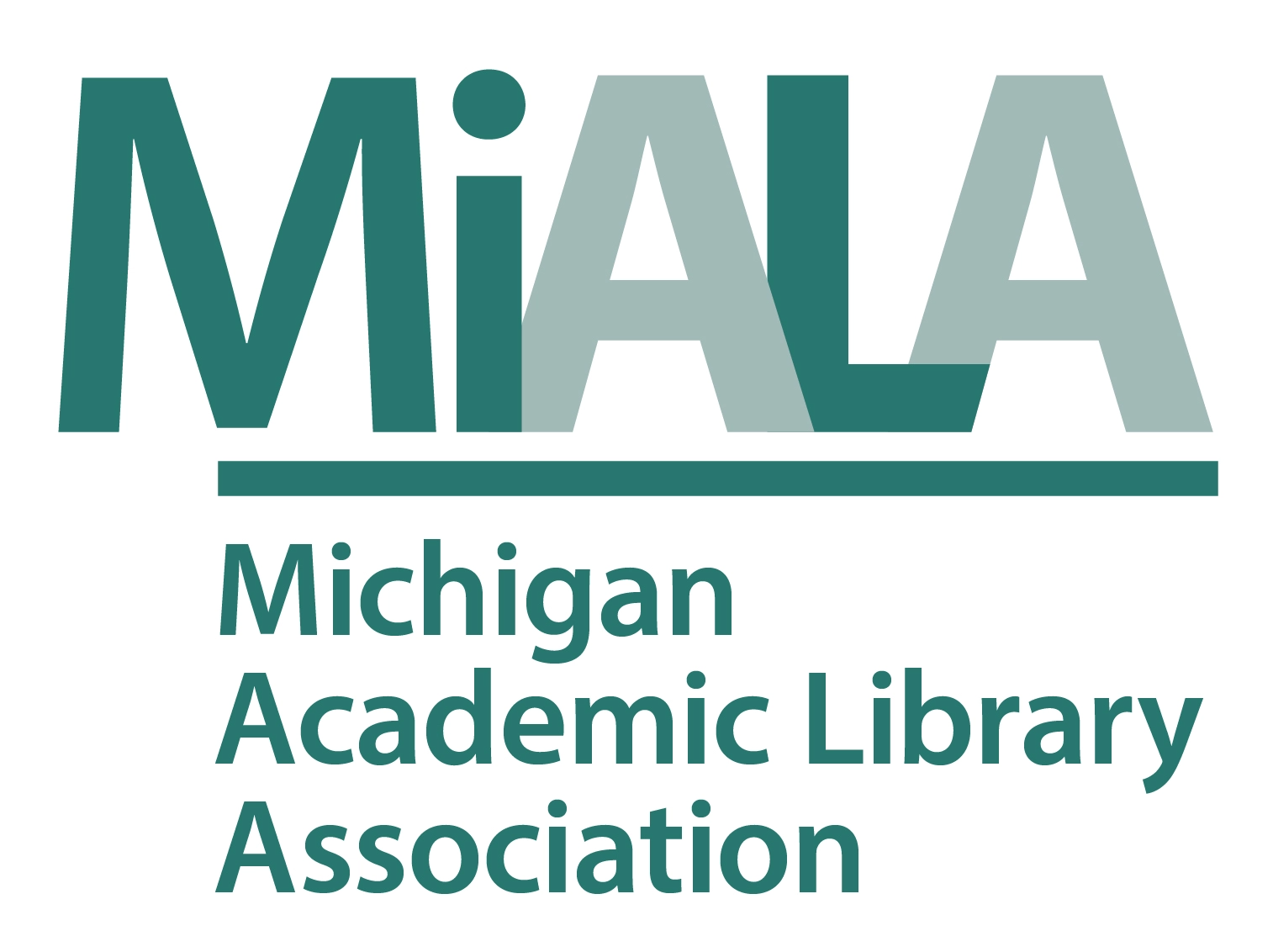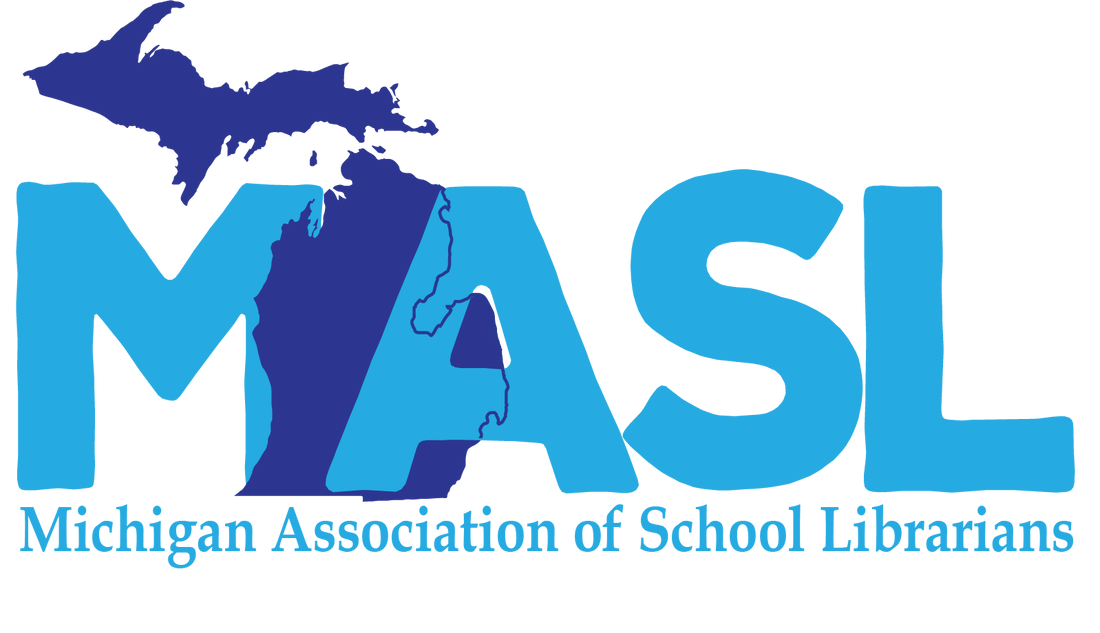
MLA Advocacy Action Plan | Priority Areas | Bill Tracker | Call To Action | Find Your Legislators | How to be a Good Advocate | Resources | Advocacy News
MLA Advocacy News
|
MLA Advocacy - November 29, 2018

NARCAN Bills Head to Senate Floor
SB 828 and 829 cleared the Senate Health Policy Committee this week and are headed to the Senate floor. The bills would offer liability protection for libraries when providing the life-saving opioid antidote naloxone, common brand name Narcan, to an overdosing patron. Recently, the Senate Health Policy Committee took testimony on SB 828 and 829, and as a result of testimony headed up by MLA President Kristin Shelley, the committee chair requested an amendment to the legislation which would protect all public locations from liability including libraries. While this delayed the legislation briefly the broader implications for public safety are tremendous. We fully expect legislation to be signed into law by the end of this legislative session.
|
|
Read more...
|
|
MLA Advocacy - October 25, 2018

All eyes are on the November 6 election. Even the pundits aren't predicting winners and losers. In part, that's because political polling has become unreliable. In the past, a telephone poll of 700 voters would garner more than 500 results. Now a poll might get a handful of folks to answer questions. As a result, pollsters are increasingly in the dark about what to expect on election day.
|
|
Read more...
|
MLA Advocacy - September 27, 2018

Lame Duck Session Officially Starts After Elections
We'll be watching closely for any legislation that could impact library funding. After the November elections Michigan's lame duck session could bring unexpected and unwelcome surprises.
In politics, a lame duck is an elected official whose successor has already been elected. That will encompass all of Michigan's political leadership from the Governor to both legislative chambers. This means lawmakers are free to make decisions with little fear of consequence. Lame duck politicians result from term limits, planned retirement, or electoral losses. We will be reminding these legislators of the importance of continued library support throughout this session.
|
|
Read more...
|
|
MLA Advocacy - August 23, 2018

What is advocacy? The MLA Leadership Academy recently had a presentation from former state representative Barb Farrah who is now with our lobby firm GCSI. We try to emphasize the importance of connecting with local and state elected officials when we're educating our next generation of library leaders. Barb talked about the importance of building relationships early with newly elected officials. Don't wait until January. Once elections are over in November, invite those newly elected lawmakers to your library for a tour, coffee hour, or any community event. You can even host a candidate forum prior to the election as long as you invite all known candidates to participate. We need to practice advocacy every day in our libraries, in our communities and in our personal lives.
|
|
Read more...
|
MLA Advocacy - July 26, 2018
 Health Insurance News Health Insurance News
Our insurance partner National Insurance Services (NIS) has completed our applications and contacted a number of health insurance companies for proposals for our MLA group health/Rx, dental and vision insurance consortium.
The deadline for responses from these companies is set for August 10. As soon as we have that information we will immediately make it available to you. Thanks for your patience.
|
|
Read more...
|
|
|
|
|
<< first < Prev 31 32 33 34 35 36 37 38 39 40 Next > last >>
|
|
Page 37 of 42 |













